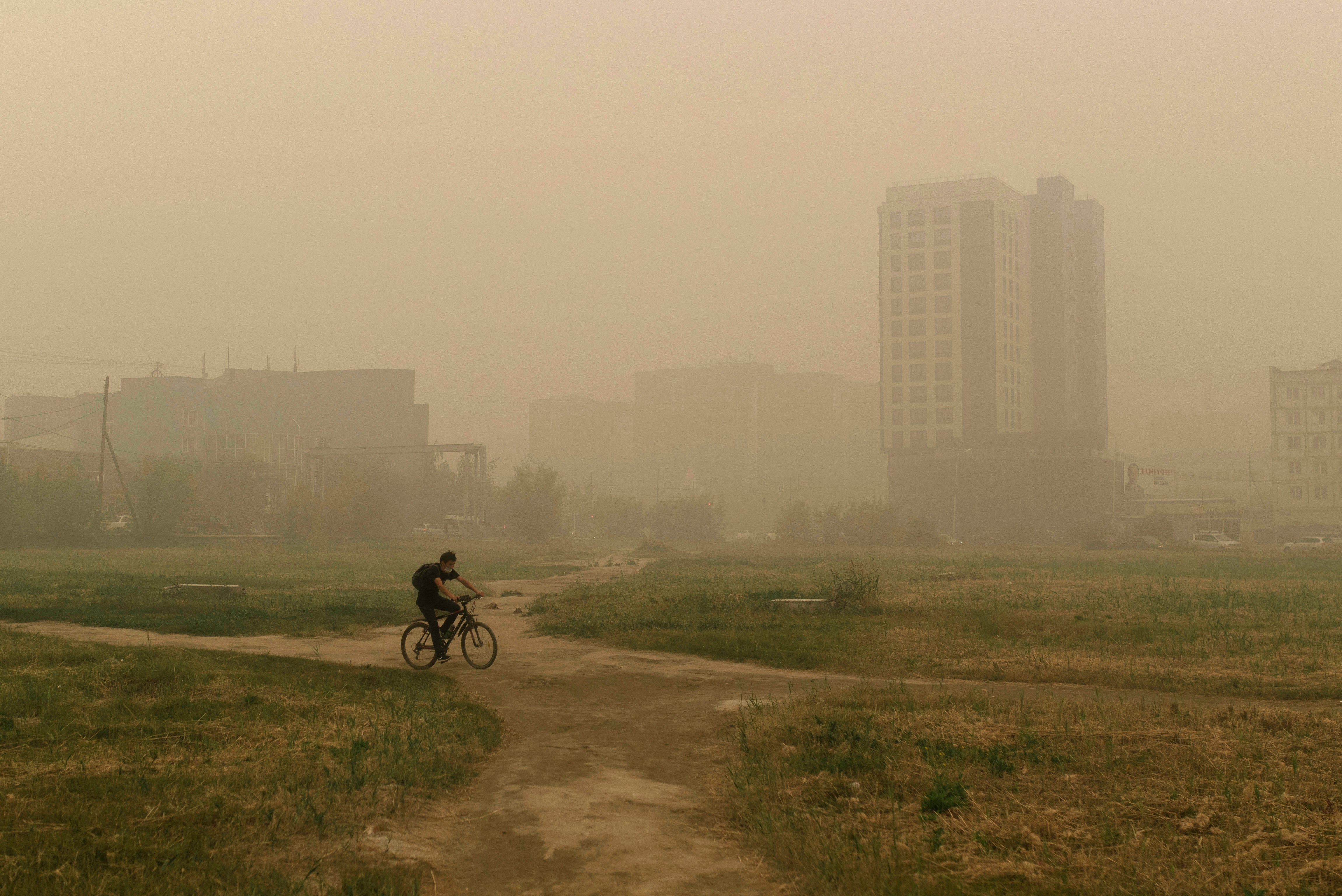State of emergency in Russia's Yakutia expanded over fires
Russian authorities have expanded a state of emergency in northeast Siberia to bring in outside resources to combat wildfires that have engulfed the vast region

Your support helps us to tell the story
From reproductive rights to climate change to Big Tech, The Independent is on the ground when the story is developing. Whether it's investigating the financials of Elon Musk's pro-Trump PAC or producing our latest documentary, 'The A Word', which shines a light on the American women fighting for reproductive rights, we know how important it is to parse out the facts from the messaging.
At such a critical moment in US history, we need reporters on the ground. Your donation allows us to keep sending journalists to speak to both sides of the story.
The Independent is trusted by Americans across the entire political spectrum. And unlike many other quality news outlets, we choose not to lock Americans out of our reporting and analysis with paywalls. We believe quality journalism should be available to everyone, paid for by those who can afford it.
Your support makes all the difference.Russian authorities expanded a state of emergency in northeast Siberia on Friday to bring in outside resources to combat wildfires that have engulfed the vast region.
Russian Emergencies Minister Yevgeny Zinichev declared the state of emergency for Sakha-Yakutia The move should help organize the transfer of firefighting resources from other regions to help fight the blazes in Yakutia, which is Russia’s largest territory and bigger than Argentina.
The vast territory, also known as Sakha Republic, has faced a spell of particularly devastating wildfires this year following months of hot and dry weather featuring record-breaking temperatures.
On Friday, officials reported 117 active forest fires burning across nearly 1.4 million hectares (3.4 million acres) in Yakutia, which encompasses 308.4 million hectares (762 million acres).
Smoke from burning forests has enveloped wide areas and forced the airport in the regional capital of Yakutsk to suspend operations Thursday. Flights resumed Friday to what is often described as the coldest city on Earth.
In recent years, Russia has recorded high temperatures that many scientists regard as a result of climate change. The hot weather coupled with the neglect of fire safety rules has caused a growing number of fires.
Experts blame the worsening situation with fires on a 2007 decision to disband a federal aviation network tasked to spot and combat fires and turn its assets to regional authorities. The forests that cover huge areas of Russia make spotting new fires a challenge, and the much-criticized transfer led to the force’s rapid decline.
___
Follow AP's coverage of climate issues at https://apnews.com/hub/climate-change